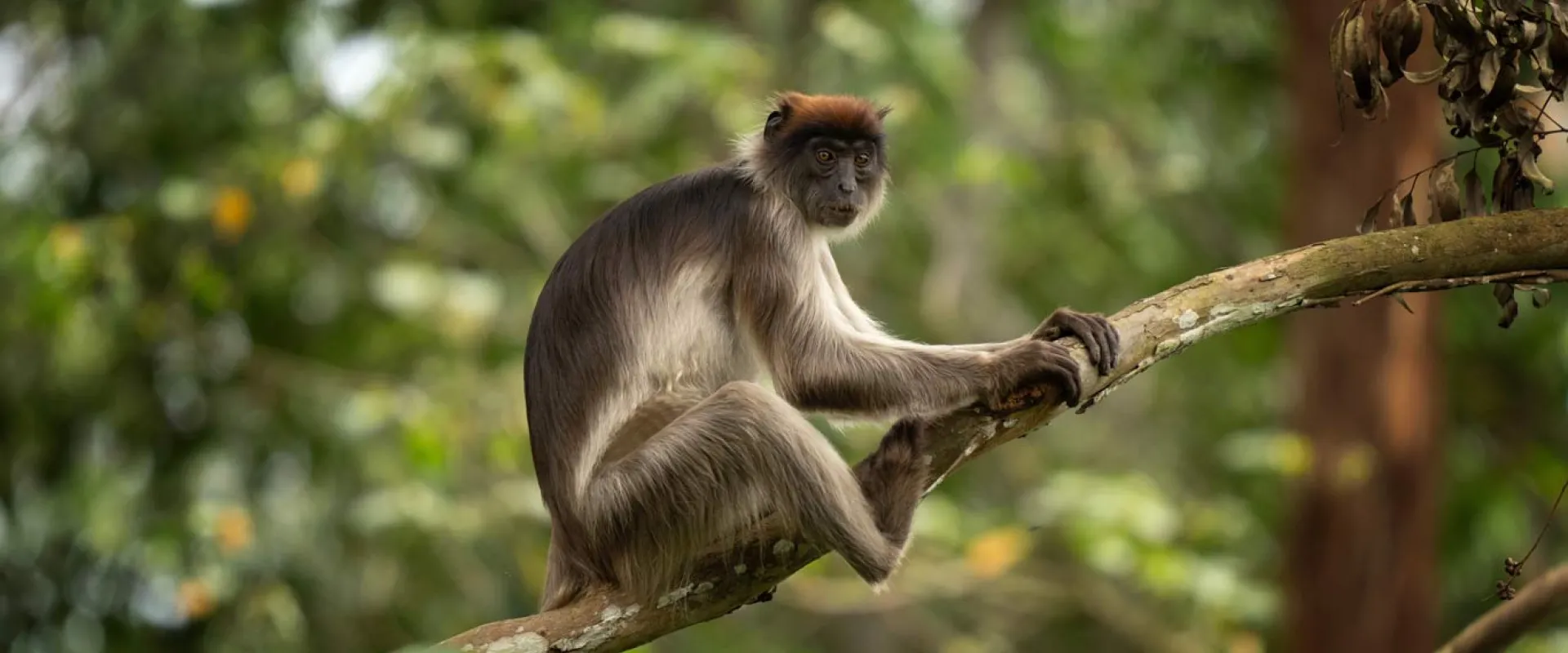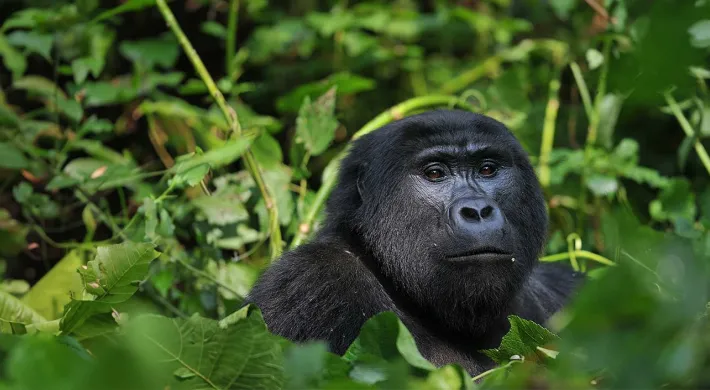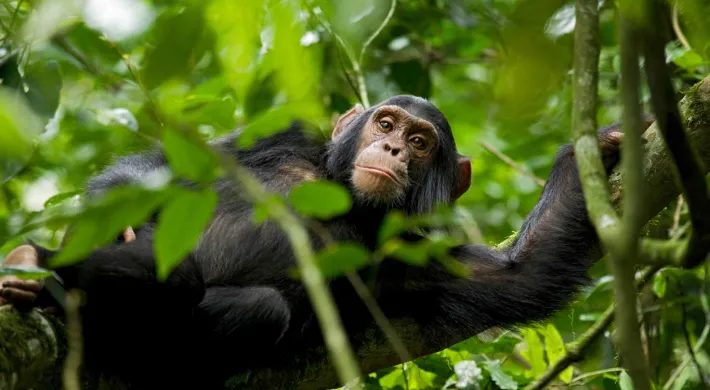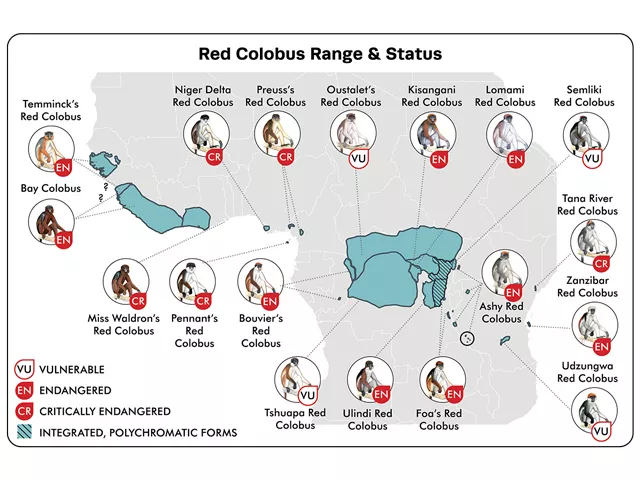
Ranging from the forests of Senegal to the islands of Zanzibar, red colobus monkeys are the most threatened group of African monkeys. According to the International Union for Conservation of Nature’s (IUCN) Red List of Threatened Species, 13 of the 17 red colobus monkey species (>75%) are listed as Critically Endangered or Endangered and all are threatened with extinction. The primary threats facing red colobus are poaching, particularly for the commercial bushmeat trade, and habitat loss, both of which are ultimately driven by a combination of human population growth and increasing demand for natural resources. Despite their conservation status, only a few red colobus populations have been studied in any detail and the general public is largely unaware of these monkeys and their plight.
Taking Action Across Africa
In response to this critical need, the Zoo’s Dr. Drew Cronin and partners in the African Primatological Society and IUCN Primate Specialist Group are together spearheading the first comprehensive Red Colobus Conservation Action Plan, uniting local and international conservation groups, governments, academic institutions, and zoos to prevent a continent-wide extinction of all 17 red colobus species. These groups have also launched a global effort – the Red Colobus Conservation Network (www.redcolobusnetwork.org), which the Zoo helps lead, in an effort to catalyze red colobus conservation and drive increased funding and actions for red colobus protection. Without urgent conservation measures across its range, Africa will lose many of its red colobus monkeys in the coming decades.
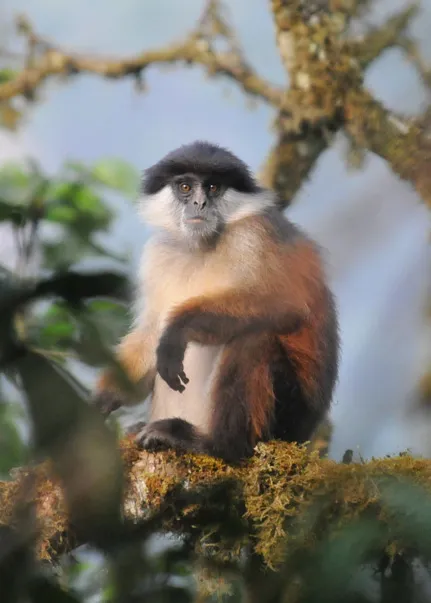
The Zoo also supports efforts to protect red colobus and its habitats on the ground in Africa. In Nigeria, our long-running work in Cross River National Park supports ranger patrols giving protection to the Critically Endangered Preuss’s red colobus. In Uganda, anti-poaching efforts with the Ngogo Chimpanzee Project have strengthened protections for all wildlife in Kibale National Park, including the Endangered Ashy red colobus. Finally, in Equatorial Guinea, we provide technical support for anti-poaching patrols using SMART to protect the Critically Endangered Pennant’s red colobus.
